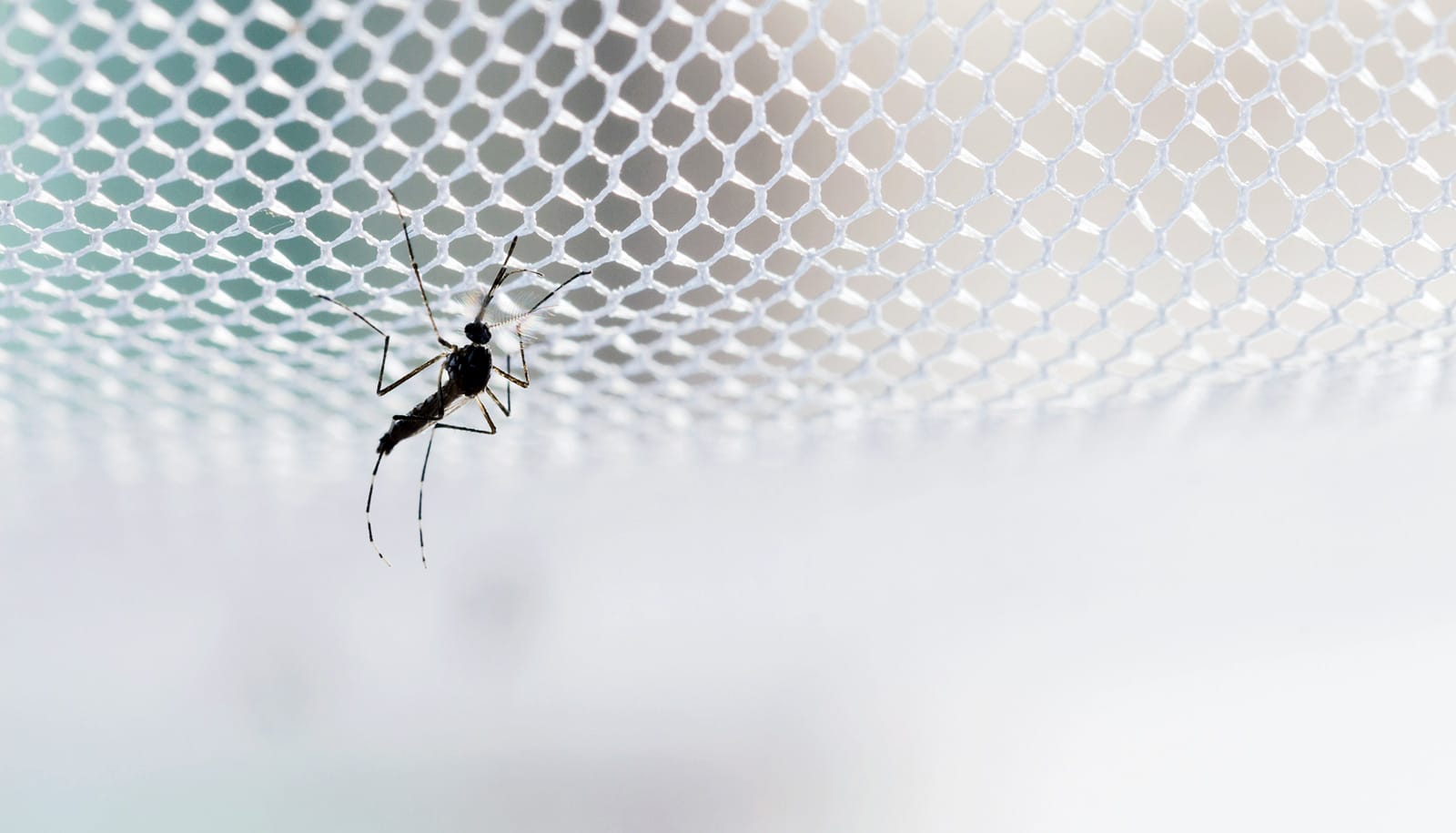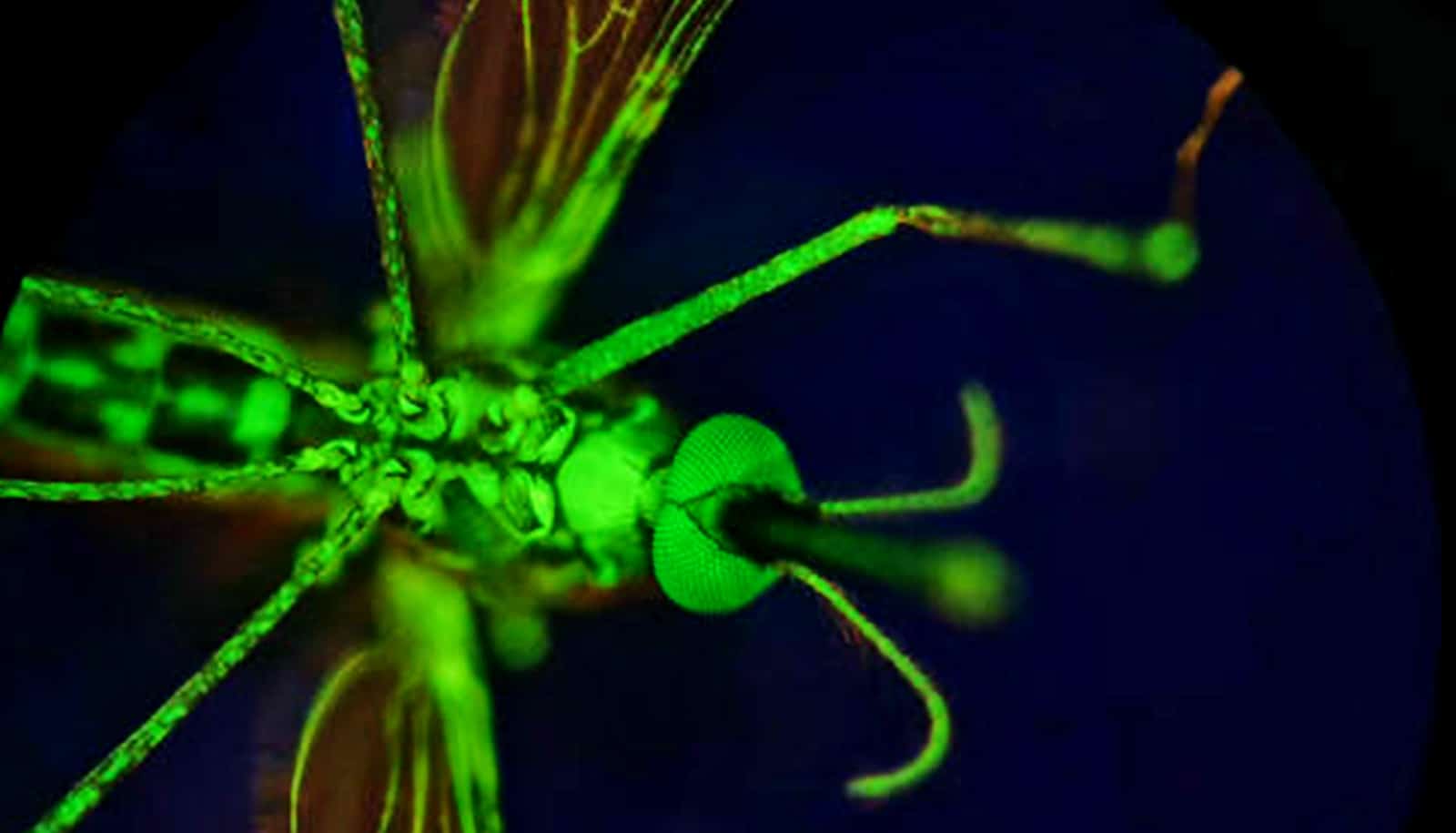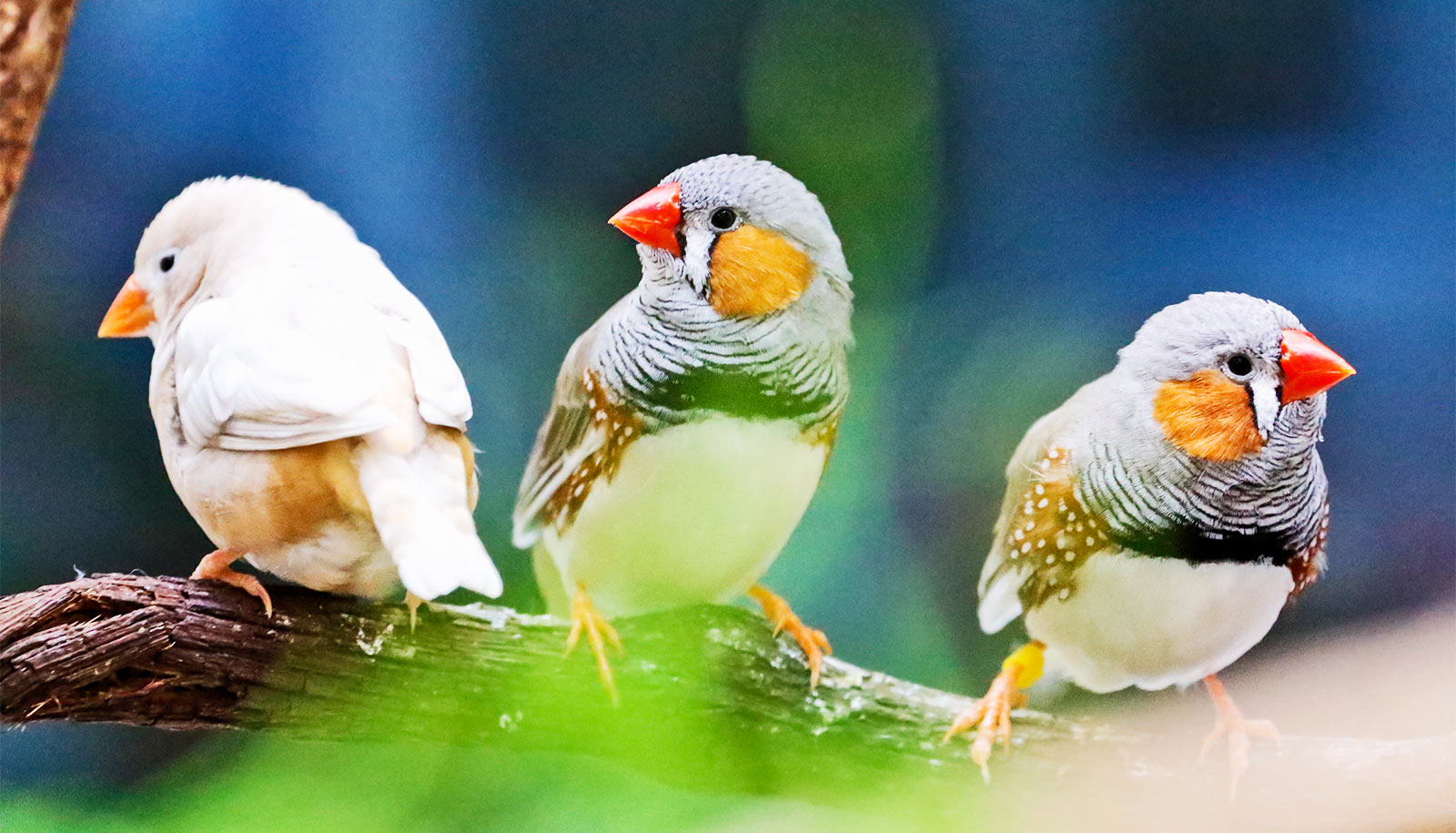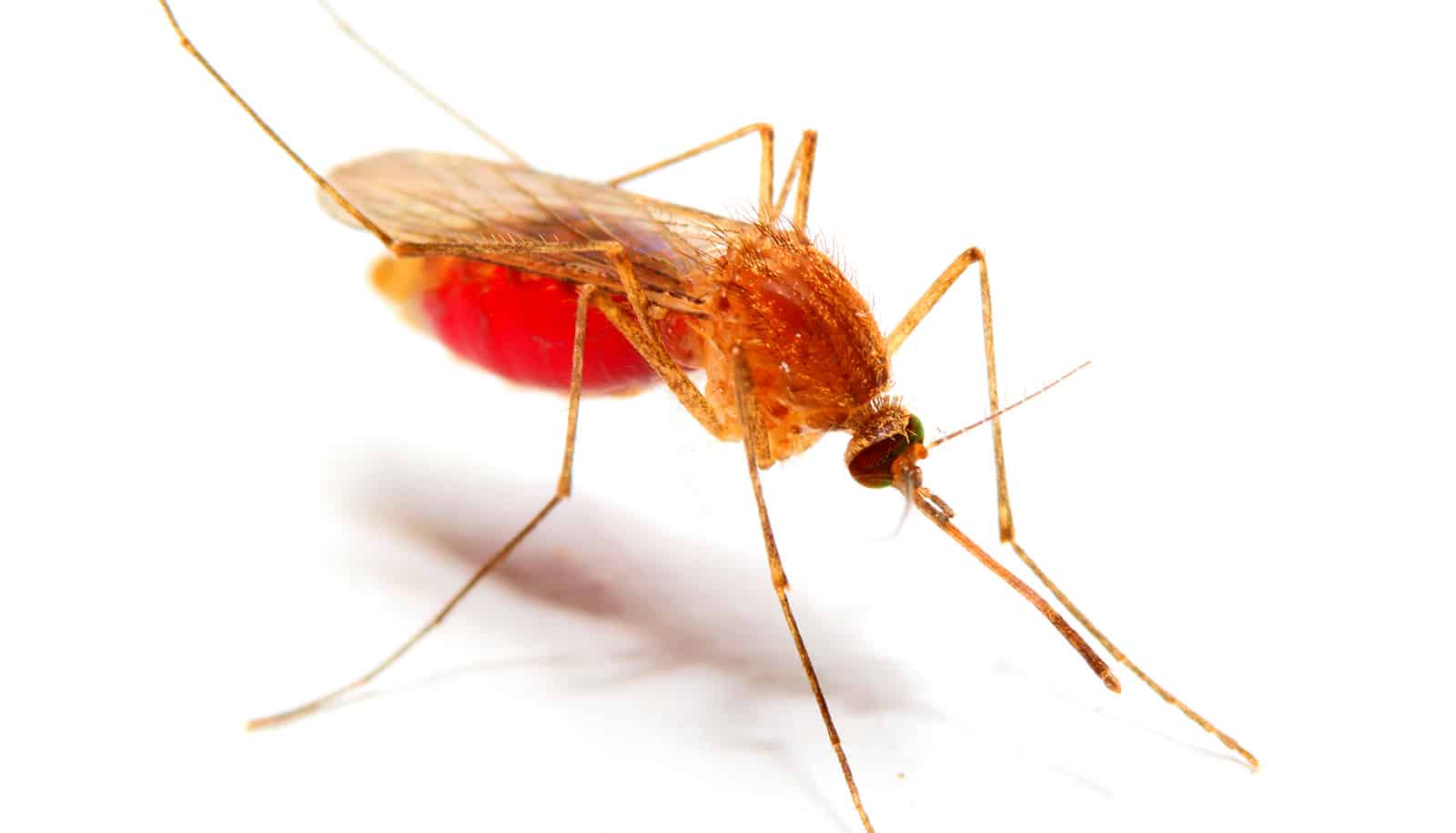Two new strategies show promise in battling malaria, a disease that kills more than 400,000 people each year, mostly children ages five and under in sub-Saharan Africa.
Both new strategies involve making Anopheles mosquitoes more resistant to malaria parasites, which live in the insects and infect humans when female mosquitoes feed on human blood.
Building mosquito resistance to the parasite would reduce the need for repeated, continuous use of other malaria control measures, such as insecticides and bed nets.
One team of researchers from the Johns Hopkins Bloomberg School of Public Health’s Malaria Research Institute discovered a strain of bacteria that can spread rapidly and persist long-term among malaria-carrying mosquitoes. They genetically modified the bacterial strain in a way that strongly suppresses development of malaria parasites, making mosquitoes much less likely to transmit parasites to humans.
A second team of researchers used a genetic modification to boost the immune system of malaria-carrying mosquitoes. The genetic change not only suppresses malaria parasites in the insects but also spreads quickly in a test population by changing mosquitoes’ mating preferences.
If the teams’ initial promising results continue to pan out, altered bacteria and mosquitoes eventually could be released into populations of wild mosquitoes. There, they would spread the genetic changes and eventually reduce malaria transmission to humans.
Odd microbes
In the first study, the discovery of the new mosquito-infecting bacterial strain was a chance event.
“We were working with a different bacterium when a researcher on the project happened to find evidence of a bacterial colony in our mosquitoes’ ovaries,” says senior author Marcelo Jacobs-Lorena, a professor of molecular microbiology and immunology. “That was unusual—normally we find bacteria only in the mosquito gut.”
His team soon characterized these odd microbes as a strain of Serratia bacteria, and dubbed them Serratia AS1.
Researchers have been developing genetically engineered bacteria that can infect mosquito populations and kill the malaria parasites the mosquitoes harbor, without harming the mosquitoes themselves. Getting such bacteria to spread efficiently has been a key challenge, but experiments revealed Serratia AS1 is almost perfect for the task. Unlike other mosquito-infecting bacteria, Serratia AS1 turned out to be easily transmitted from males to females during mating and from female mosquitoes to their offspring.
‘Coloring’ parasite genes shows malaria’s weak spot
The scientists modified Serratia AS1 by adding genes for five potent antimalarial proteins. Powered by the proteins, the bacteria strongly inhibited parasite development in colonized mosquitoes, reducing levels of an early stage of the parasite by more than 90 percent. Experiments also showed that the modified Serratia AS1 bacteria do not have a significant effect on lifespan or fertility of the mosquitoes themselves.
“So far all indications are that these anti-malarial proteins are universally effective against malaria parasites, and the Serratia AS1 bacteria that carry them can go into any malaria-carrying mosquito species,” Jacobs-Lorena says.
Changing mosquito mating preference
In the second study, a team led by George Dimopoulos, also a professor of molecular microbiology and immunology, made small modifications to the DNA of malaria-transmitting Anopheles mosquitoes to boost the activity of their immune genes. The enhanced immunity made the mosquitoes more resistant to infection by malaria parasites, and thus less likely to transmit the parasites to humans.
That result was expected. What was not expected was the unusually high efficiency with which the modified mosquitoes spread their genetic modification to later generations in a mixed population of modified and unmodified, wild-type mosquitoes.
Investigating this surprising result, Dimopoulos and colleagues found that boosting the mosquitoes’ immune genes also altered the mix of bacterial species in the mosquito intestine and reproductive organs. This change in the insect “microbiota” in turn led to a change in mating preferences: Modified male mosquitoes began to prefer unmodified, wild-type females, while wild-type males began to prefer modified females.
New drug could be back-up in fight against malaria
“We believe that, by changing the microbiota, we’re changing the scent of modified mosquitoes—which in turn alters mating preference,” Dimopoulos says. “It’s the perfect change in mating preference in this case, because it maximizes the chances of producing genetically modified offspring when mosquitoes compete for mates.”
Dimopoulos’s modified mosquito population has now been living in a colony in his laboratory for more than seven years, and has retained its high level of resistance to malaria for all that time without any apparent adverse side effects.
The two research groups describe their findings in the journal Science.
The National Institute of Allergy and Infectious Diseases and Bloomberg Philanthropies provided funding for both studies. The Chinese Academy of Sciences and the National Nature Science Foundation of China also funded the Jacobs-Lorena research.
Source: Johns Hopkins University



